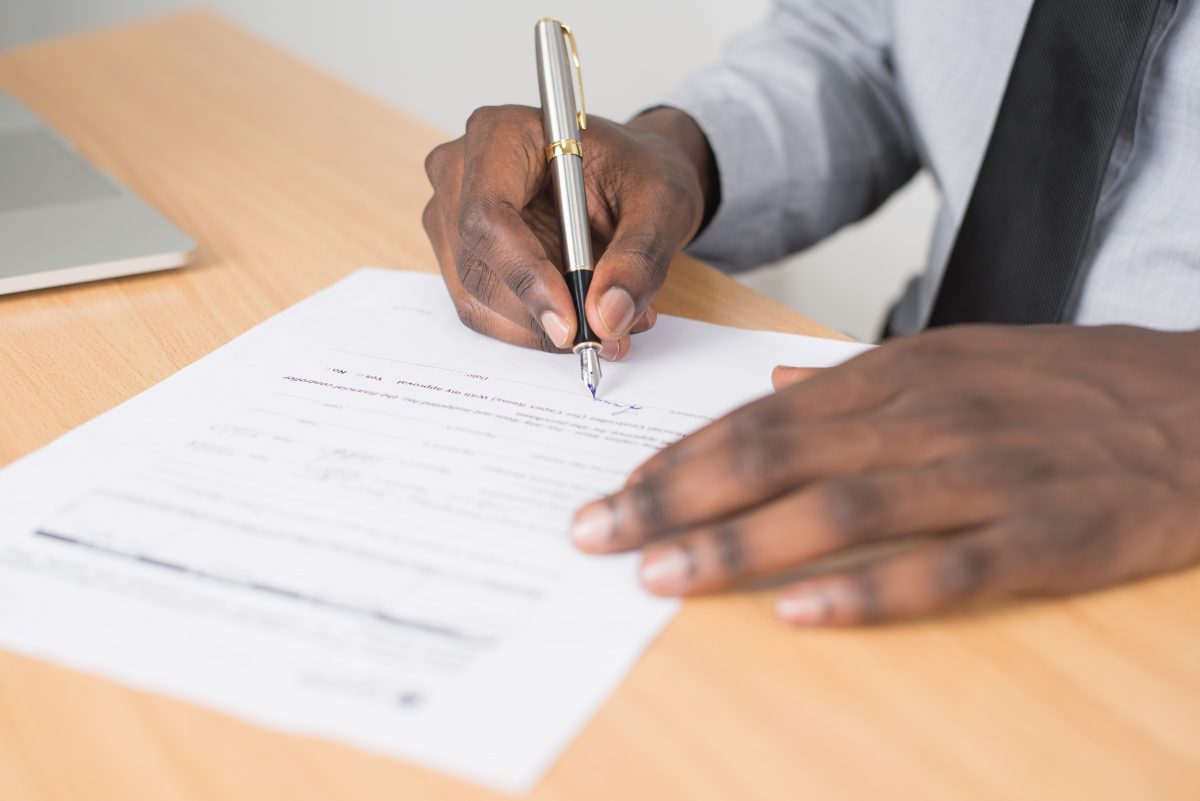Bankruptcy is a legal process that provides debt relief to an entity that is unable to pay its creditors. An entity, in this case, may refer to a business enterprise or an individual. One must get the order to file for one from a court of law for it to be legal. If you are struggling financially, don’t let your credit score be severed before declaring bankruptcy. While filing for one is a hard decision to make, it is not the end of the road financially; you can recover later and redeem your credit score. Before filing for bankruptcy, individuals are expected to complete a credit counseling session and obtain a certificate to submit with their petition. Getting a certified trustee to walk this journey with you is important as they will ensure that you do not get misinformed and misled. Below are instances when declaring bankruptcy is a good idea:

1- When you do not have the cash to pay for the miscellaneous recurrent expenditure.
We make expenditures in our day to day lives that are settled for with cash instead of charging them on the credit card. Expenses like buying groceries, fueling your car, and paying for your daily morning coffee should be paid for using cash. If you find yourself charging these expenses to a credit card, it is an indication that things are not good financially. Bankruptcy could be an option to consider.
2- You are paying one debt by taking up another debt.
When you find yourself borrowing from Peter to pay Paul, it is a serious indicator that your financial situation is headed south. Borrowing from one place to pay off another debt is digging your debt situation deeper. If you have exhausted all means to pay off your debts, do not take another debt; consider filing for bankruptcy.
3- To protect your assets from being liquidated.
Another good instance when it is a good idea is protecting your essential assets, e.g., your home from being acquired by your creditors. If you are on a home payment plan and you are behind on mortgage payments, bankruptcy law protects some of your property from the creditors through exemptions. The common question is as to when one is declared unable to pay off their debts and be protected under the exemption law. For your assets to be considered exempt assets, you will have to file liquidation under chapter 7. Under this kind of, the debtor can sell their non-exempt assets and use that money to pay off some debt. After this, all other liability is discharged. When you file liquidation under chapter 13, your trustees arrange with your creditors. A payment plan with your creditors is made where your debts are spread across many years to provide you with ample time to settle the debts. This protects you from foreclosures and or repossession of your car.
4- Your salary is going to be garnished.
After your creditors have followed you to pay up and have failed to do so, they can get a court order to garnish your wages. This means that they arrange with your employer or bank to collect monies owed to them directly before getting to you. Though this is a possibility, some laws limit how much can be collected by lenders. If you are already experiencing financial tumult, having your salary garnished will add more problems to you. When you receive a notice that a lender is trying to acquire their debt by garnishing your salary, it would be a good idea to declare bankruptcy.
5- Last resort.
Declaring bankruptcy should be taken when all other actions have failed. For example, if you live in a big rental house, you should consider downsizing and move to a smaller home. If you use a lot of money for transport to and from your workplace, consider moving closer to your workplace to save on fare or gas. Look at all the measures you can take to ensure you reduce expenditure. If all these methods have been used, then bankruptcy can be declared.

There are several legally required steps involved in filing for insolvency. Failing to complete them can result in the dismissal of your case. Remember, if you try to conceal a source of income that you have or assets that you own, the court will throw out your case. You can also be found guilty of fraud. Once the court has declared you bankrupt, a trustee will be assigned to you. Your trustee will arrange for a meeting between you and your creditors to arrange a repayment plan. In some instances, your debts will be discharged. Bankruptcy is sometimes the best way to get out of crushing financial burdens, but it is not the only way.


